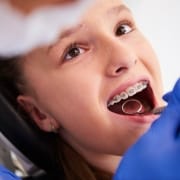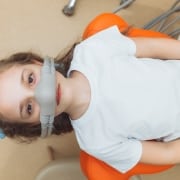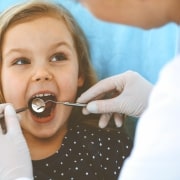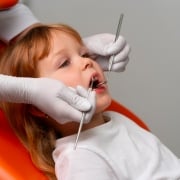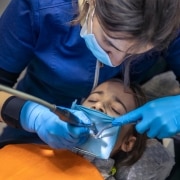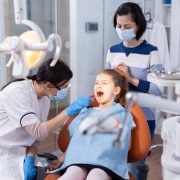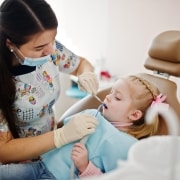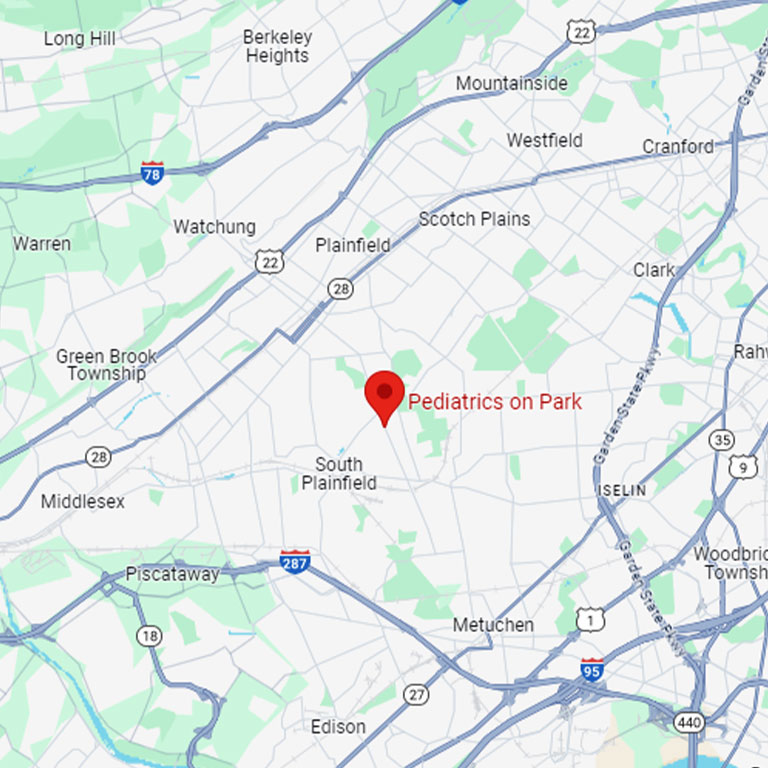Preparing Your Child For Braces
Starting orthodontic treatment in South Plainfield, NJ is a big step in your child’s life—and a little preparation can go a long way in making the process smoother. Whether your child is excited or unsure, how you talk about braces ahead of time can shape their whole experience.
Set the Right Tone Early
A calm, confident attitude from you helps your child feel more at ease. Explain that braces are a common part of growing up and that many kids go through it. Help them understand the benefits—not just the cosmetic ones, but how braces can make brushing easier and chewing more comfortable in the long run. Remind them that having braces now will enable them to have a better smile for the rest of their life.
Talk About What to Expect
Children tend to handle things better when they know what’s coming. Let them know their mouth may feel sore for a few days after the braces are placed, but that discomfort doesn’t last. Remind them that the team at Pediatrics on Park will explain everything and make sure they’re comfortable along the way.
Help Them Prepare for the First Week
In those first few days, softer foods can make meals easier. Keep options like mashed potatoes, smoothies, pasta, or soup ready at home. Encourage them to take it easy and remind them that it’s okay to rest.
Start Strong with Good Habits
Before braces go on, help your child brush and floss well. If these oral hygiene habits are already in place, adapting to life with braces becomes much easier.
Braces are a big step—but with a little support and preparation, your child can start this journey feeling ready and confident. Contact your child’s pediatric dentist in South Plainfield, NJ today to learn more about preparing your child for braces.

